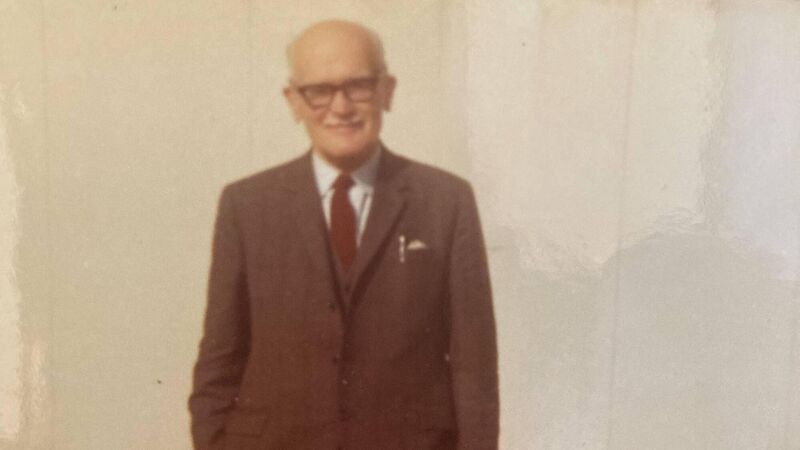Spymaster left out in the cold until now: Dan Bryan's patriotic work uncovered

Dan Bryan: headed up Ireland's military and intelligence response to the Emergency
It all began when Marc Mc Menamin was researching for a previous book and discovered the work of Carolle J Carter, a professor at San José State University in northern California. In her book, Carter referenced recording interviews with Dan Bryan (Ireland’s top spymaster during WWII) as well as many others with IRA operatives and Nazi spies.
Marc wondered if the tapes of these interviews still existed — and whether he could find them. After many emails, letters and Zoom calls, he located the tapes — which contained more than 35 hours of previously unpublished audio recordings — which had been in storage in an attic in California for over 50 years.










